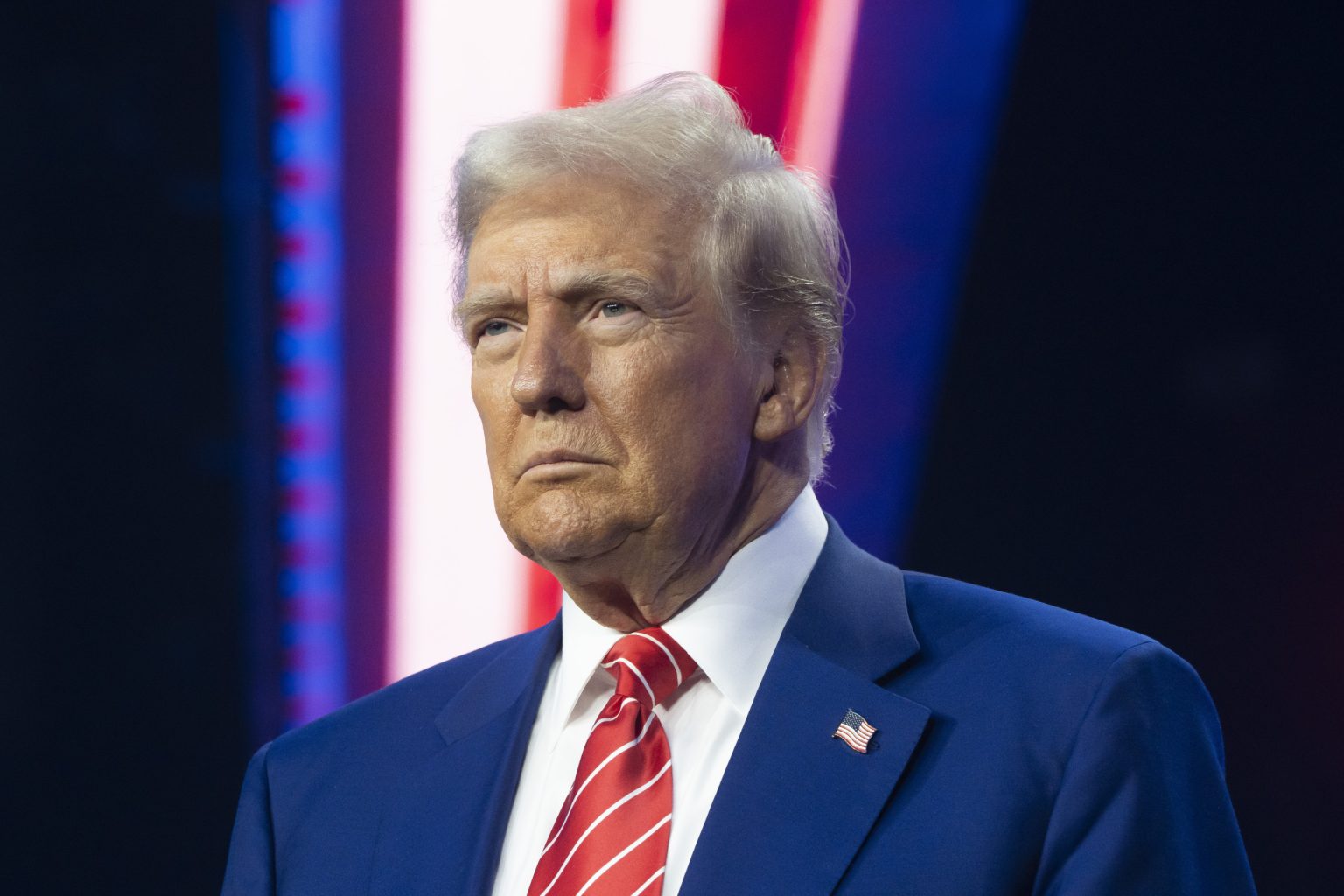Former President Donald Trump has reignited discussions about a potential U.S. acquisition of Greenland, the world’s largest island and an autonomous territory within the Kingdom of Denmark. Trump’s renewed interest, expressed via his Truth Social platform, coincided with his son, Donald Trump Jr.’s, visit to Greenland, ostensibly for podcast content creation. This visit, while seemingly unrelated to official government business, marks the first time a member of the Trump family has set foot on Greenlandic soil since the former president’s initial expressions of interest in acquiring the territory during his first term. Trump’s pronouncements have been met with strong resistance from Greenlandic political leaders who have reiterated their commitment to self-determination and rejection of any notion of Greenland being for sale.
The historical context of this renewed interest reveals a recurring theme in U.S.-Greenland relations. The United States has made several attempts to purchase Greenland in the past, reflecting a long-standing geopolitical interest in the strategically located island. Trump’s prior efforts in 2019, which included a cancelled visit to Denmark following the Danish prime minister’s dismissal of the idea, underscore the seriousness of his intent. His more recent comments, asserting the “absolute necessity” of U.S. ownership and control of Greenland for national security and global freedom, further solidify his unwavering stance. This perspective stands in stark contrast to Greenland’s self-governance, established in 2009 after decades of evolving autonomy from Denmark.
Trump’s justification for acquiring Greenland revolves around national security concerns and the perceived need to protect the island from external threats. He believes that incorporating Greenland into the U.S. would benefit its people and offer them greater security and prosperity. This paternalistic rhetoric resonates with his “Make Greenland Great Again” slogan, echoing his previous campaign themes. However, Greenlandic leaders and citizens have largely rejected this narrative, viewing it as an infringement on their sovereignty and a disregard for their self-determination. They emphasize their contentment with their current status and their desire to chart their own course, independent of external pressures.
The reactions to Trump’s statements have been varied. While some, like Elon Musk, have voiced support for Greenland’s potential integration with the U.S., the majority of Greenlandic political figures and citizens have expressed strong opposition. Aaja Chemnitz, a member of Greenland’s parliament, criticized Trump’s ambitions as naïve and imperialistic, asserting that Greenland’s happiness is not contingent on U.S. citizenship. Prime Minister Múte B. Egede has vehemently reiterated Greenland’s refusal to be sold, reflecting the widespread sentiment of national pride and commitment to self-governance. This resolute rejection underscores the deep-rooted desire to maintain control over their destiny and resist external pressures to relinquish their autonomy.
Donald Trump Jr.’s presence in Greenland adds another layer of complexity to the situation. While officially described as a personal trip for podcasting purposes, the visit inevitably raises questions about its underlying motivations and potential connections to his father’s political aspirations. The absence of scheduled meetings with Greenlandic officials or political figures does little to quell speculation. Given Donald Jr.’s prominent role in his father’s political movement and past involvement in his presidential transition team, his visit cannot be entirely divorced from the broader political context of his father’s renewed interest in acquiring Greenland.
Looking ahead, Trump’s renewed focus on Greenland fits within a broader pattern of his pronouncements on expanding U.S. territorial holdings. His suggestions regarding reclaiming the Panama Canal and potentially incorporating Canada as a U.S. state demonstrate a worldview that prioritizes territorial acquisition as a means of enhancing national power and security. This perspective has been characterized as a return to an outdated notion of power projection based on territorial expansion rather than on alliances and trade. The implications of such a worldview are far-reaching and raise concerns about potential international conflicts and destabilization. The international community will undoubtedly be watching closely as these developments unfold, particularly given the potential for escalating tensions and the implications for global stability.

